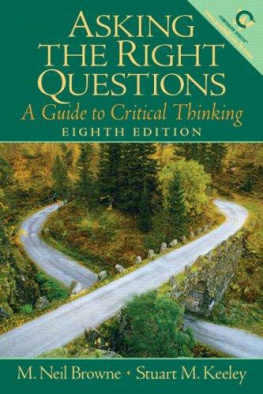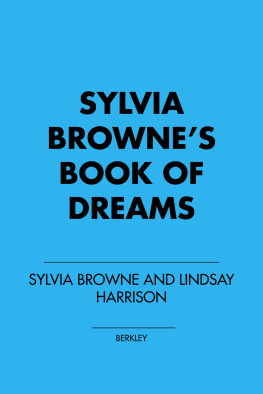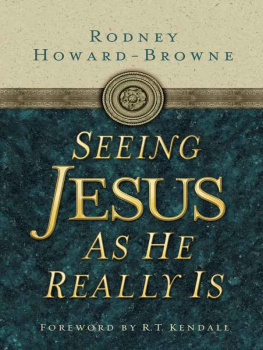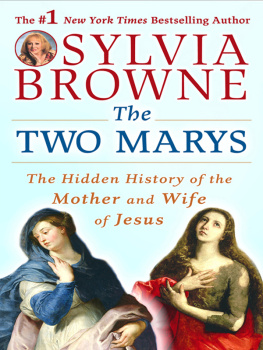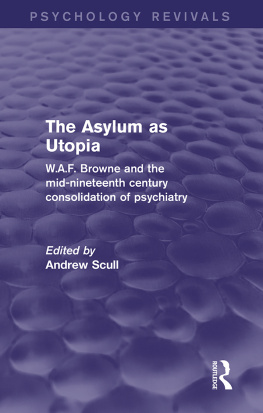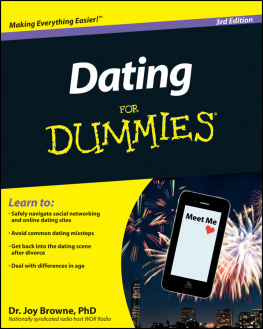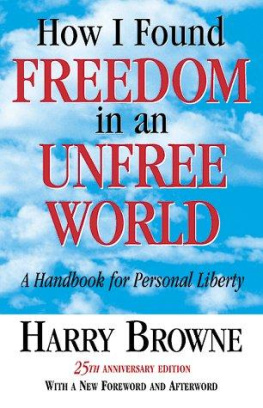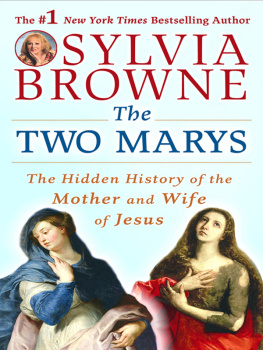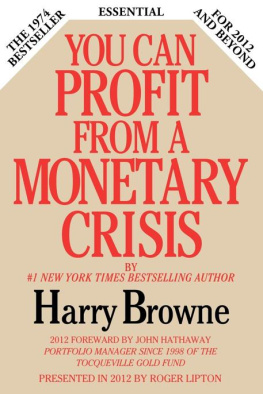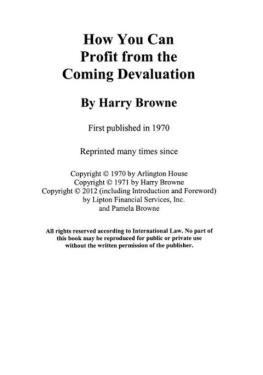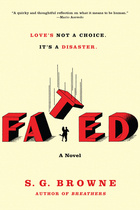M. Neil Browne - Asking the Right Questions
Here you can read online M. Neil Browne - Asking the Right Questions full text of the book (entire story) in english for free. Download pdf and epub, get meaning, cover and reviews about this ebook. year: 2006, genre: Science / Business. Description of the work, (preface) as well as reviews are available. Best literature library LitArk.com created for fans of good reading and offers a wide selection of genres:
Romance novel
Science fiction
Adventure
Detective
Science
History
Home and family
Prose
Art
Politics
Computer
Non-fiction
Religion
Business
Children
Humor
Choose a favorite category and find really read worthwhile books. Enjoy immersion in the world of imagination, feel the emotions of the characters or learn something new for yourself, make an fascinating discovery.
- Book:Asking the Right Questions
- Author:
- Genre:
- Year:2006
- Rating:3 / 5
- Favourites:Add to favourites
- Your mark:
- 60
- 1
- 2
- 3
- 4
- 5
Asking the Right Questions: summary, description and annotation
We offer to read an annotation, description, summary or preface (depends on what the author of the book "Asking the Right Questions" wrote himself). If you haven't found the necessary information about the book — write in the comments, we will try to find it.
Asking the Right Questions — read online for free the complete book (whole text) full work
Below is the text of the book, divided by pages. System saving the place of the last page read, allows you to conveniently read the book "Asking the Right Questions" online for free, without having to search again every time where you left off. Put a bookmark, and you can go to the page where you finished reading at any time.
Font size:
Interval:
Bookmark:
Preface
The eighth edition is our small contribution to the collective effort to highlight the benefits of careful, rational assessment of reasoning. While we are immensely pleased by the success of this book with decades of readers in many countries and languages, we cannot help but notice the immense disrespect for evidence, sloppy use of language, and substitution of hollering for reason in so much of our public discussion. The mandate to be selective in the arguments we embrace is essential to successful daily living, as well as to the numerous frustrating dilemmas that will surely plague our future together. We have no realistic option to ignore problems when they arise. Ignore them for a while, and they will soon insist on grabbing our attention. So if we must eventually face them, we will need to develop as many critical thinkers as possible to sort and select optimal responses. Asking the Right Questions can be a strong tool for encouraging that development.
As a book ages, it becomes less and less the product of its original authors. The success of Asking the Right Questions : A Guide to Critical Thinking is a tribute to the sound advice we have received from the many readers who thought we could do better next time around and who told us so. In fact, one of our biggest challenges has been to pick and choose from among the suggestions.
Always uppermost in our mind has been the desire to retain the primary attributes of Asking the Right Questions , while adjusting to new emphases in our own thought and the evolving needs of our readers. For instance, while we can always think of dozens of additions that would, we believe, enhance new editions of Asking the Right Questions , we want most of all to keep the book readable and short. We are willing to pay the price of omitting several things that would be apposite in a more weighty treatment of critical thinking because those who adopt or learn from Asking the Right Questions have been so assertive in applauding the crispness and cohesion of our approach. Individual readers who do not see their suggestions included will surely understand that writing for a general audience requires us to omit many valuable components that we would certainly include were we writing for a more specialized group of readers.
This new edition, like its predecessors, has been modified while retaining the basic framework of a simplified guide to critical thinking. This latest version has especially benefited from the critical eyes of numerous students who have studied from the book. The special features of this edition include the following:
- Rewriting most practice passages and many illustrative examples because the team of students and teachers we consulted preferred the new illustrations. They found them more fresh and relevant to the experience of contemporary students.
- Emphasizing that critical thinking is not primarily an effort to demonstrate what is faulty about the thinking of others. Instead, it is a process for improving the beliefs and decisions each of us must make, and
- Expanding the companion Web site containing multiple, diverse practice opportunities in response to the needs of the increasing numbers of students and teachers who wish to have internet access to practice materials.
- Highlighting the values of critical thinking to provide a stronger rationale for why critical thinking is essential for a thoughtful life.
Critical thinking is initially a process of reaction. Someone has strung together a conclusion and some reasons that allegedly make the case for the conclusion. Our task is to decide whether the argument is one we wish to make our own. So any reasoning provides raw material for critical-thinking practice.
However, we are all more interested in some arguments than others, for some reasoning seems to have a more significant effect on our lives. So if those learning critical thinking are to be highly engaged in the hours of practice needed to become proficient at critical thinking, we require sample arguments that especially appeal to the primary users of the book. We decided to place greater reliance on student feedback about their interest in particular practice opportunities. The result is substantial improvement in the content and variety of the practice passages.
The seventh edition stressed the importance of social skills that would encourage the use of critical thinking. We have kept this emphasis in the new edition, and we are supplementing it with persistent encouragement to frame critical thinking in a particular way. We learned this from our colleagues in Japan who found that Japanese students were not eager to criticize deficiencies in the reasoning of others. But once those same students viewed critical thinking as an avenue toward improved development of their own thinking, they fastened on critical thinking as a skill and habit. Our students are also reluctant to criticize reasoning because of the social effects of their criticisms. Their reluctance often disappears, however, when they begin to sense the positive effect of such criticisms on their own conscious reflection.
We worked especially hard for this edition to improve the Web site. It is organized by chapter and contains practice passages of varying size and complexity. In addition, learners also need to see arguments that are relatively strong. We want to highlight what is particularly strong about these arguments, to provide readers a model of what is possible when someone tries to reason well. We are attempting to include even more practice passages with feedback on the student Web site, as well as short self-graded objective quizzes for each chapter, and an expanded "Authors Answer Typical Student Questions" section. The Teachers' Web site will also be greatly expanded with more suggestions for student assignments and examples of high-quality student papers with comments explaining the basis for making that determination.
In the spirit of emphasizing the role of values in guiding careful thinking, this new edition takes every opportunity to highlight the values that unite those of us who hope to think critically. Were we not especially loyal to autonomy, reasonableness, curiosity, and commitment, we would not be as willing to do the hard work associated with critical thinking. This new edition focuses on making these assumptions transparent for learners.
The success of previous editions of this book is potent testimony to our collective curiosity about what to believe. Our minds are under assault by experts and scam artists alike. Sorting among all their claims about what to eat, do, and believe is an incredibly difficult responsibility. We know that we need all the help we can get to protect ourselves from the dangers implicit in nonsense. We want to think carefully before we make a belief our own.
From the start of this book's history, we have been motivated by a variety of personal experiences and observations. First, we have been dismayed by the degree to which students and citizens in general increasingly depend on "experts," textbook writers, teachers, lawyers, politicians, journalists, and TV commentators. As the complexity of the world seems to increase at an accelerating rate, there is a greater tendency to become passive absorbers of information, uncritically accepting what is seen and heard. We are concerned that too many of us are not actively making personal choices about what to accept and what to reject.
At the same time, each of us has little choice but to rely on experts on a regular basis. Life is far too complex for us to pretend that we can take care of all our decisions by simply relying on our own resources. So, if we must depend on experts, how do we select from among the crowd of experts -- each telling us he or she knows best? Critical thinking can help answer that question. It provides a set of filters that expert opinion needs to get through before you rely on it. In other words, all expert advice is not equally valuable. Critical thinking enables us to be more sensibly selective among experts.
Next pageFont size:
Interval:
Bookmark:
Similar books «Asking the Right Questions»
Look at similar books to Asking the Right Questions. We have selected literature similar in name and meaning in the hope of providing readers with more options to find new, interesting, not yet read works.
Discussion, reviews of the book Asking the Right Questions and just readers' own opinions. Leave your comments, write what you think about the work, its meaning or the main characters. Specify what exactly you liked and what you didn't like, and why you think so.

